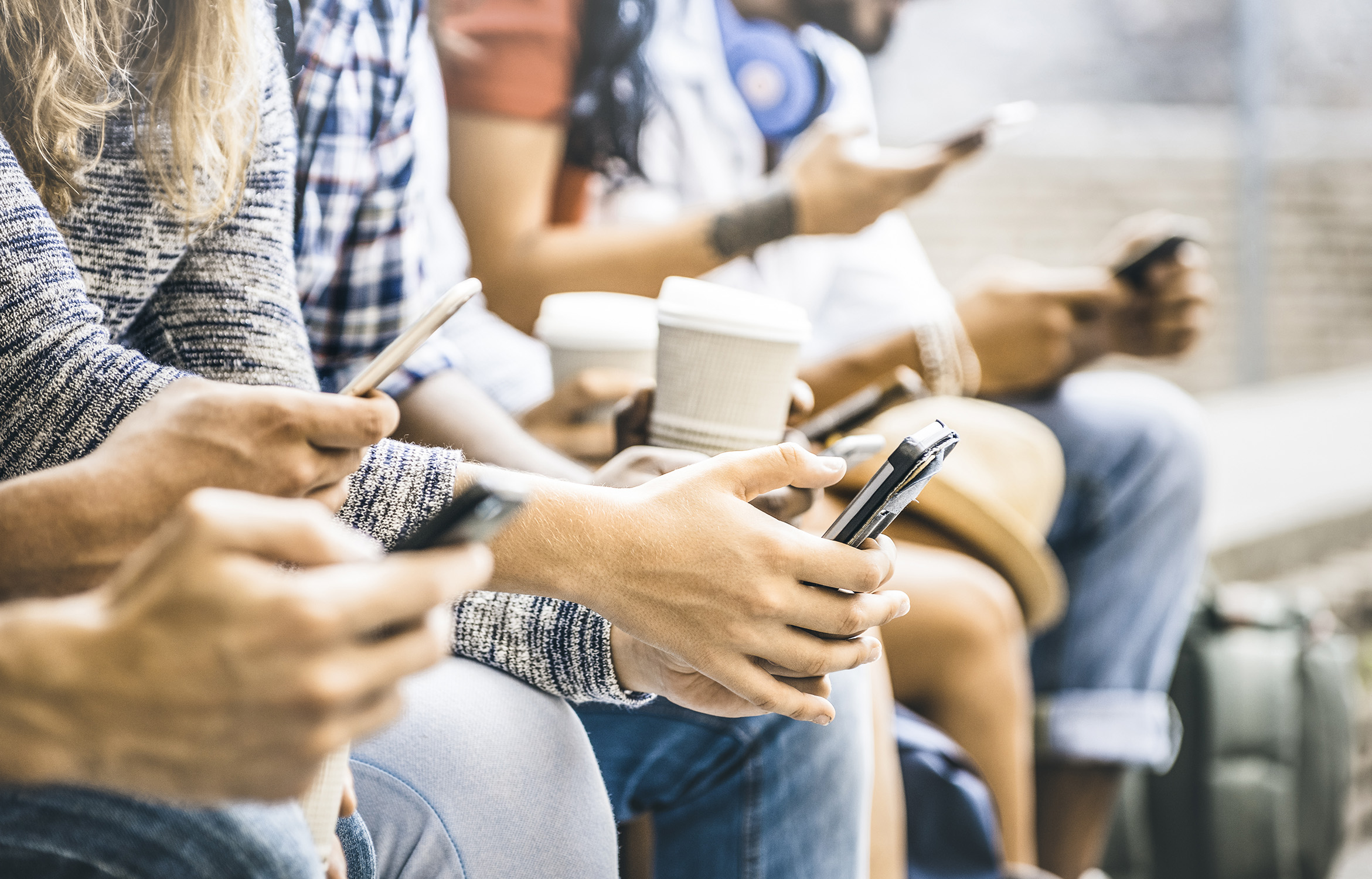
In a world that is growing more digital by the day, many people find themselves tied to their phones and constantly checking social media. According to a study done by California State University, approximately 10 percent of Americans are addicted to social media. With social media companies employing application strategies that provide feelings of instant gratification, using social media for an extended period of time can activate the same system seen in the brains of drug addicts.
But what exactly is social media addiction, and how can it be identified?
Dr. Brian Anderson, a professor in the Department of Psychological and Brain Sciences at Texas A&M University, explains that a love for social media turns into an addiction when all thoughts are centered around it, to the point where other aspects of life are negatively affected.
“In order to identify if you have an addiction, you need to figure out if your mind keeps going to the topic or issue even if you’re consciously trying not to go there,” Anderson said. “If you can’t quit or can’t put it down, then you would broadly fit into that kind of behavioral addiction.”
Especially for college students who fill their schedules with difficult classes, social activities and career preparation, grappling with the allure of social media applications can be damaging to productivity.
“If you’re in class trying to focus and there’s a part of your brain that has learned that this mobile device is a gateway to information that you find pleasurable, there’s this constant pull to engage with that device and get that instant gratification that you associate with social media,” Anderson said.
There are a lot of ways that you can engage with something more cognitively, such as participating in an activity that requires you to figure something out. Recreational activities with other people or activities that engage your cognition more robustly would likely be much more beneficial to mental health.
Anderson says another problem lies in the actual content that keeps users coming back to their favorite apps. The infrastructure of digital platforms like Instagram, Facebook and YouTube allow users to produce content that is heavily filtered and edited, which is harmful for a developing brain and can result in comparison and feelings of inadequacy.
“Oftentimes what you experience with social media is a carefully filtered version of somebody’s life,” Anderson said. “And it can be easy to lose track of the fact that it is just that and it’s not representative of the totality of their life. And if you mistakenly think it’s representative, then you’re going to have a distorted view of your own life experience.”
As members of the digital age, students recognize that being well-versed in different types of technology is vital to getting a good job beyond helping them keep up with trends and news stories. Anderson says that’s all the more reason it is increasingly important to use social media applications in moderation and focus more on cultivating in-person relationships and participating in in-person activities.
After a long day of class, homework and socializing, it can be enticing to spend a night scrolling for hours. However, switching it up and filling time by reading a book or playing an outside sport instead can lead to a more productive and fulfilling day. In fact, Anderson notes, your mental health might depend on it.
“There are a lot of ways that you can engage with something more cognitively, such as participating in an activity that requires you to figure something out,” Anderson said. “Recreational activities with other people or activities that engage your cognition more robustly would likely be much more beneficial to mental health.”

